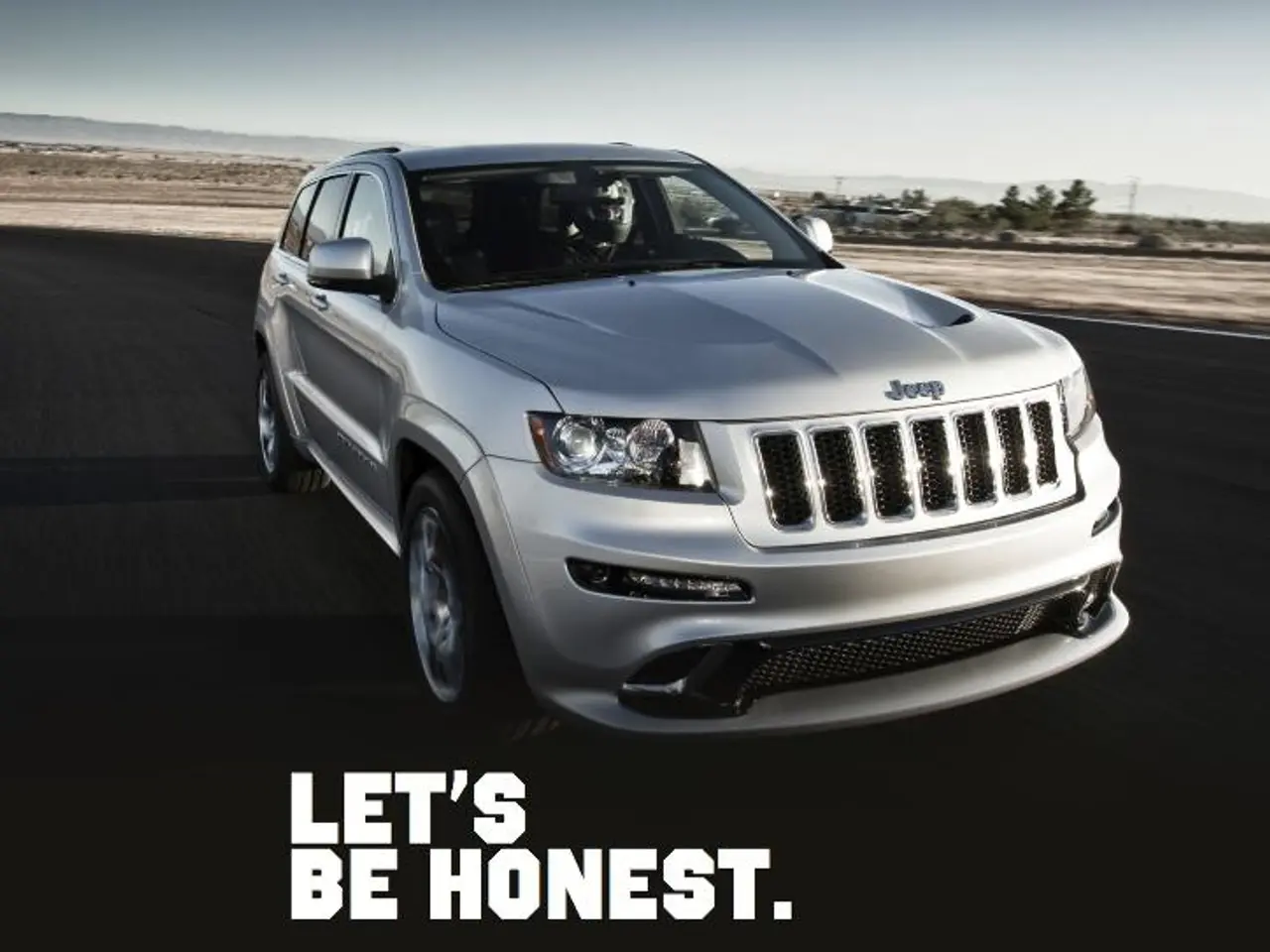Car manufacturers face struggles, partly due to the shift towards electric vehicles, according to Mahle CEO's statements.
Arnd Franz, the CEO of Mahle, a leading automotive supplier, has expressed concerns about the EU's 2035 ban on new petrol and diesel cars, advocating for a more balanced approach that includes the use of biofuels and synthetic fuels.
Franz believes that the EU's ban on internal combustion engines is an illusion, as consumers must still be able to choose after 2035. He argues that Europe should make the internal combustion engine climate-neutral by significantly increasing the share of renewable fuels, like Brazil and India have done.
Franz emphasizes the importance of biofuels and synthetic fuels, aiming for a 30% usage by 2030 to achieve a real climate impact in road transport. He supports a diversified technological approach to sustainable mobility, rather than a sole focus on electric vehicles.
However, Franz acknowledges the challenges facing the manufacturing sector, such as high taxes and energy costs. He suggests that abrupt shifts like the 2035 ban may overlook broader industrial and economic concerns. Thus, his argument centers on the need for a more inclusive transition strategy that includes advanced fuels alongside electrification to ensure both climate benefits and industrial viability.
Mahle, which employs two-thirds of its jobs in Europe in the combustion engine sector, warns that a net total of 280,000 jobs are at risk due to the combustion engine ban, with around 20,000 jobs at risk for Mahle itself. The high costs of electricity, labor, taxes, and infrastructure in Germany make it uncompetitive to build combustion engines for export if there is a ban on combustion engine sales in the EU.
Despite his concerns, Franz is not optimistic about convincing Brussels to reverse its decision on the combustion engine ban. He states that Europe must decide whether it wants to keep core technology or give it up to other markets, and that the decision about the future of combustion engines in Europe is crucial for companies like Mahle.
Mahle has invested heavily in electromobility and developed market-ready products, focusing on electric motors and charging technologies. The company now offers a range extender for battery-electric vehicles, an internal combustion engine that can recharge the battery during driving.
However, Franz personally prefers electric vehicles with 800 volts, but his wife is not keen on the necessary charging breaks for electric vehicles. Hydrogen is indispensable, especially for truck drivers, as the investment costs for hydrogen-powered trucks are significantly lower than for battery electric trucks. The hydrogen fuel cell will also be competitive from the 2030s.
Europe is pursuing a solitary strategy with the ban that is not found anywhere else in the world. Mahle must continue developing all drive technologies to continue supplying all automakers worldwide. Several studies show that production capacities for biofuels are sufficient for road traffic.
In conclusion, Arnd Franz's arguments highlight the need for a more balanced approach to sustainable mobility, including the use of biofuels and synthetic fuels, to ensure both climate benefits and industrial viability. The EU's 2035 ban on new petrol and diesel cars, while well-intentioned, may overlook broader industrial and economic concerns.
What about the future for industries reliant on education-and-self-development, such as understanding the nuances of casino-and-gambling or mastering sports strategies, if the focus solely on electric vehicles continues unabated? Given the EU's weather patterns, which can be unpredictable, might it be prudent to consider a diverse range of energy sources, including biofuels and synthetic fuels, to cope with potential power shortages or outages?




